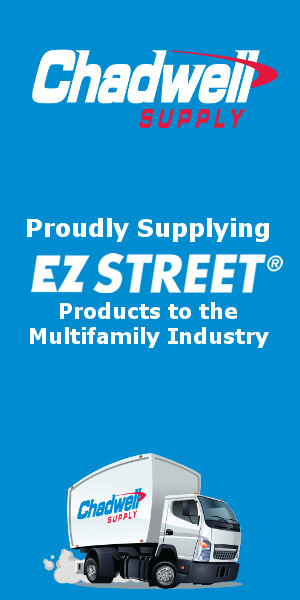It’s more than just a pun to say that federal policies toward transportation, road maintenance and conservation are moving targets. As we head into 2015, there are many variables regarding parking subsidies and gas taxes that are at odds with each other.
At the top of the news is the price of gas, dipping below $2.00/gallon at mid-December 2014in some locales with a national average around $2.75/gallon. For most of us, that’s great news. Not only is it cheaper to drive – gasoline analysts say American motorists are cumulatively saving $250 million per day at these prices – but cheaper fuel will lower the cost of groceries and other goods.
There is no predicting how long this price dip will last. There are many factors that can affect supply and demand in petroleum, the largest of which include decisions by the Organization of Oil Exporting Countries (OPEC), American refinery productivity, and the rise of U.S. oil production (up 64 percent since 2009).
But with cheaper gas, suffice it to say more vehicles will drive more miles. That invariably adds to wear and tear on roads.
Another government policy in the federal tax code encourages more driving as well. It’s the parking tax benefit, which reportedly adds 820,000 auto commuters driving 4.6 billion additional miles per year. This is because employers can provide up to $250 per month in untaxed compensation to employees who must park at or near work. This effectively contributes to urban congestion because parking is most expensive in downtown areas (suburban offices typically have free parking).
According to TransitCenter, a non-profit that promotes improved public transportation, this tax benefit effectively is a $7.3 billion subsidy that favorably skews to higher earners who enjoy the luxury of personal travel where public transportation systems are available – think New York, Boston, Philadelphia, Washington DC, Chicago, San Francisco and even parts of Los Angeles. To be fair, the same law provides employer subsidies for users of public transportation.
Now, compare that $7.3 billion to what had to come from the general fund to shore up the Highway Trust Fund in 2012: $6.1 billion. This makes up for what the federal gas tax failed to produce. The reason the HTF needs help is because increasingly fuel-efficient cars, consuming less gas, are shorting the Fund even while using the roads just as much (see Pothole.info’s previous reporting on this issue, as the tax has been fixed at 18.3 cents per gallon since 1993).
In other words, if the parking tax benefit were removed, it is likely at least a portion of those 820,000 motorists would opt for alternative transportation, leading to less road use. Of course, they would also purchase less gas, shorting the HTF a bit more. But as gas prices now appear to be a bargain, there are increasing calls to raise the federal gas tax rate. That may seem surprising given the anti-tax implications of the 2014 election, but the new chair of the Commerce, Science and Transportation Committee, John Thune (R-SD), has gone on record in favor of just that.
If that happens, it might actually lead to more cohesive federal policies toward highway maintenance. But of course in Washington there are many figurative potholes to be encountered on the way toward fixing the literal ones.





